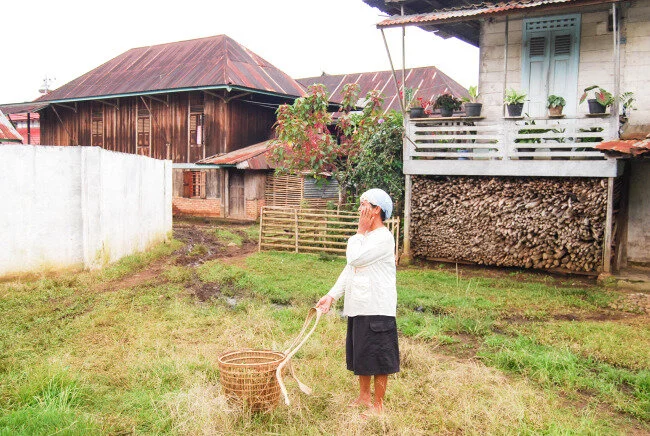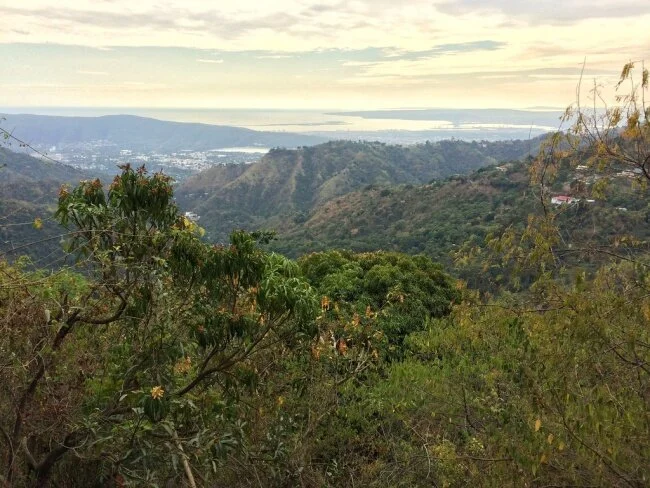by Maureen Elizabeth Magee
Hamer woman, Ethiopia. Photo by Michael Lorentz/Safarious.com
We pull up the Land Cruiser next to a petite man walking along the road. He is wearing a sarong-type skirt; his hair is coiffed in mud and feathers. He is distinguished.
“It is Wolle!” cries Mageru as he gets out from behind the wheel. “He is the Chief of Chiefs for the Hamer people.”
They greet each other in the traditional way for Ethiopian men – clasping each other’s backs with the left hand, shaking right hands while butting right shoulders three times. Wolle’s head feathers stroked Mageru’s mustache.
In the Hamer language, Mageru introduces me as his wife. Wolle looks me over and absent-mindedly undoes and reties his sarong. He wears nothing underneath.
“We should invite him to camp with us,” suggests Mageru. “It is a long way back to his village.”
Wolle is happy to do that but insists on supplying dinner and so we swing the car off the road and bump our way across the scrubby, dry savannah. A landscape so formless, I cannot gauge how many miles we have travelled before reaching Wolle’s family enclave, a few cone-shaped huts made of sticks and grass and encircled by thorn bushes.
As I get out of the car, I am immediately surrounded by dozens of naked children and, standing back, shy semi-naked women. The women and I smile uncertainly – not knowing what is expected of us.
Meanwhile, under Wolle’s direction, Mageru and a few other men are playing chase with a small goat. The goat loses, and is manipulated safely - but not quietly - into the back of the Land Cruiser. He is wedged in tight and I pray that he will not pee, poo or upchuck on our gear.
It surely is the goat’s first car ride and it will definitely be his last. And by the time he bleats all the way back to our campsite, I am not feeling even a smidge remorseful. Our cook hustles him off (out of sight of my tender ferenj sensitivities) and disposes of him quickly; within a few hours he has become a tasty stew called figel wot. It is a pleasant camping evening; the men’s Amharic/Hamer murmurings around the fire are like soft ambient music to ears that don’t understand.















